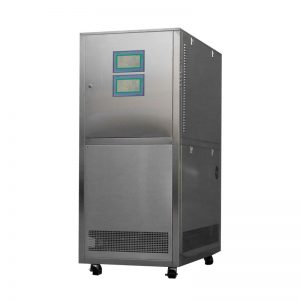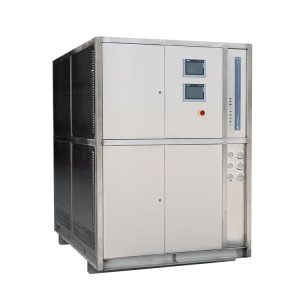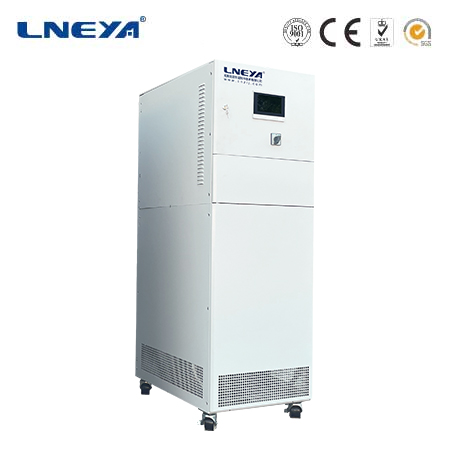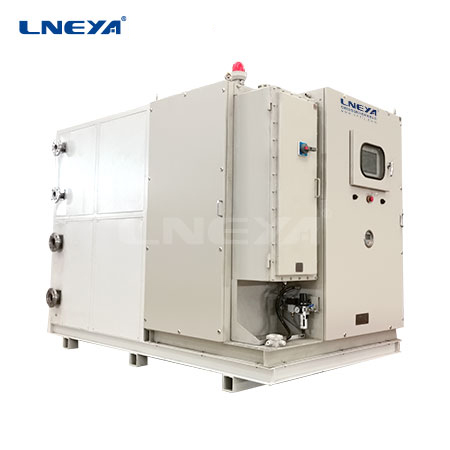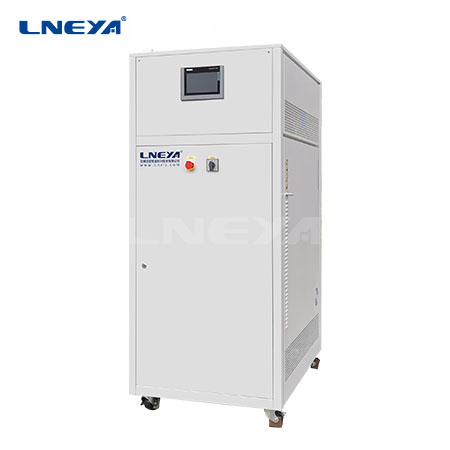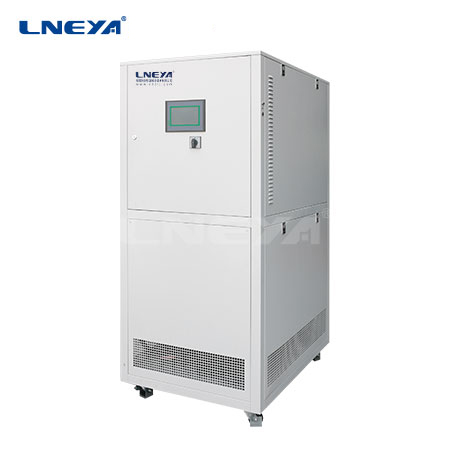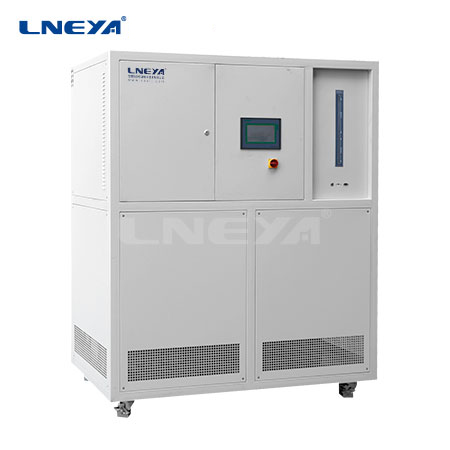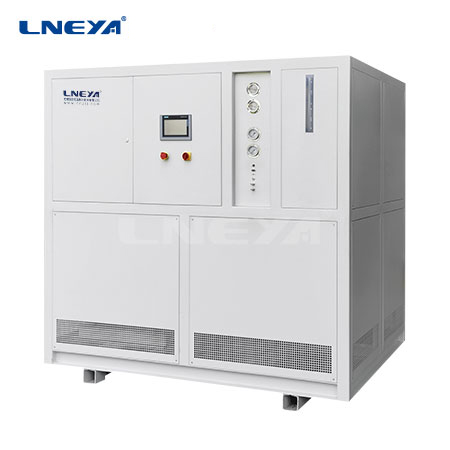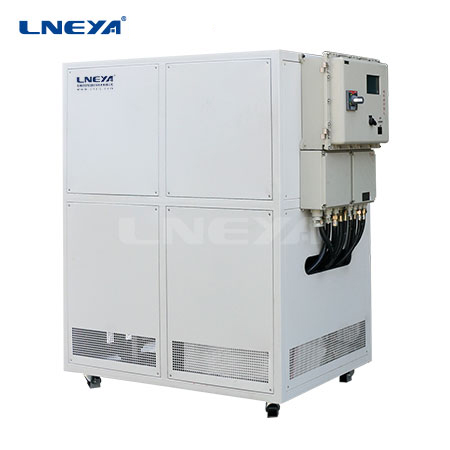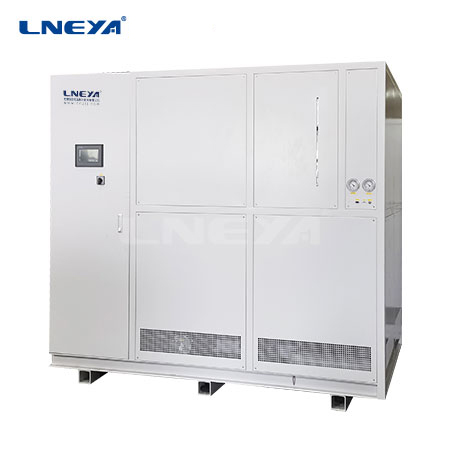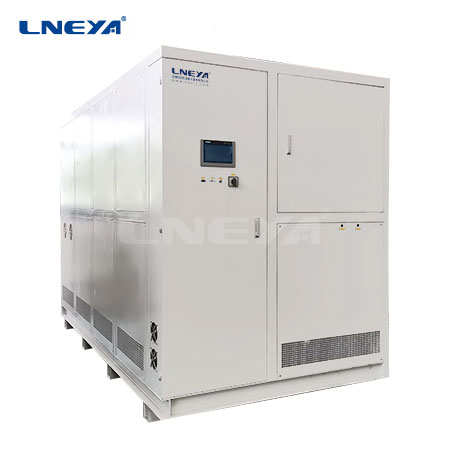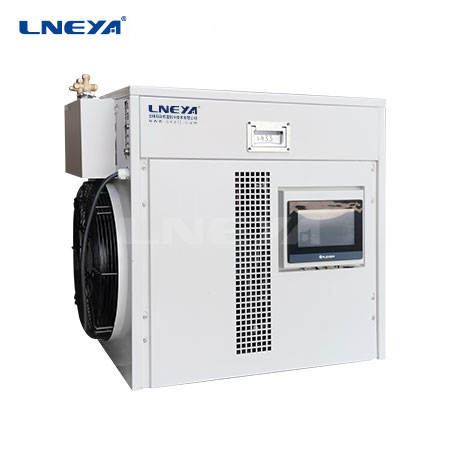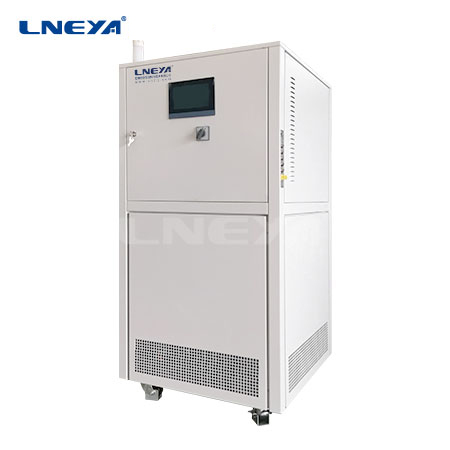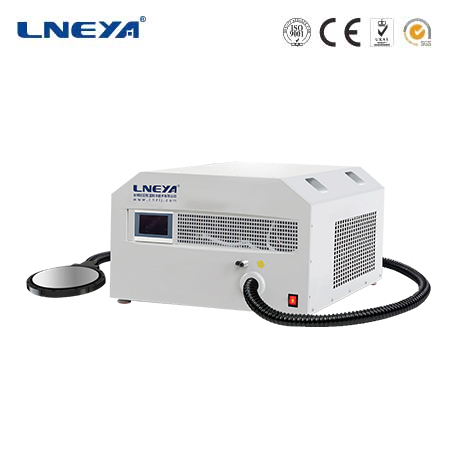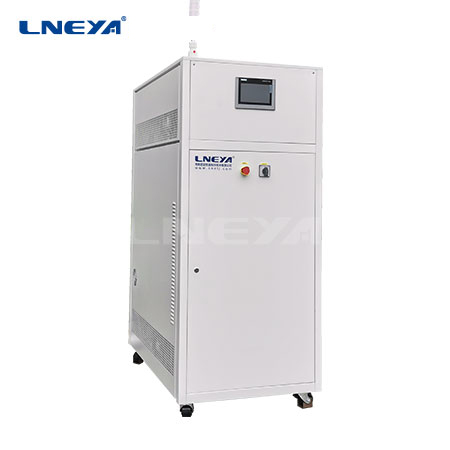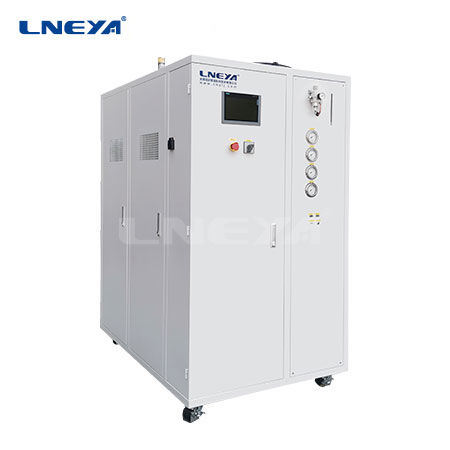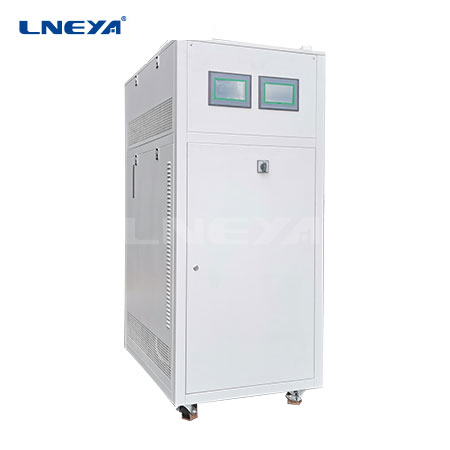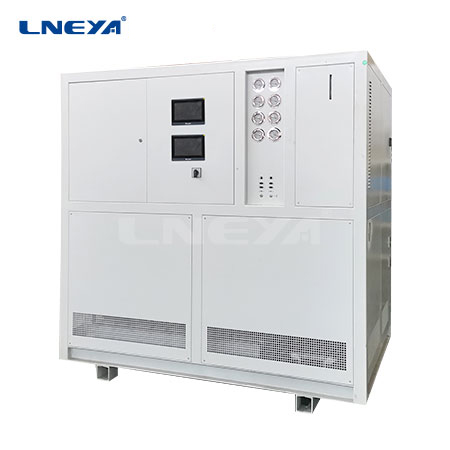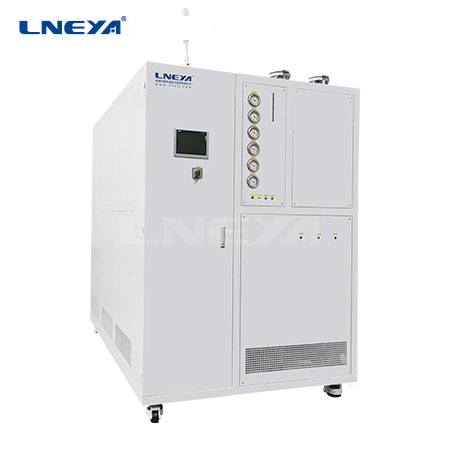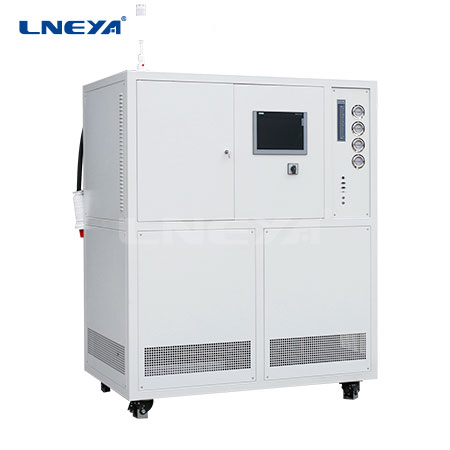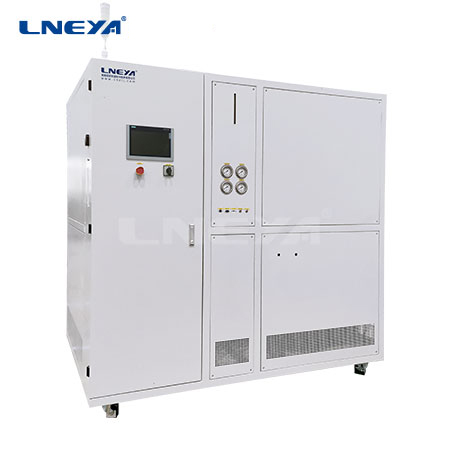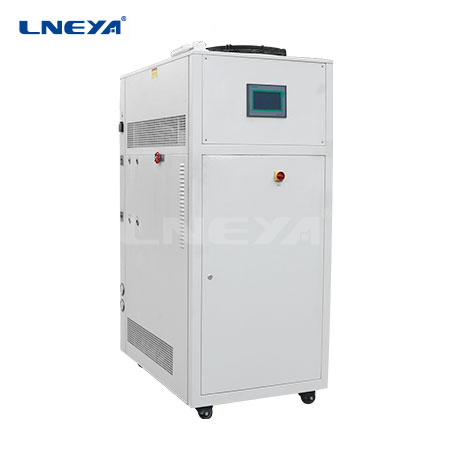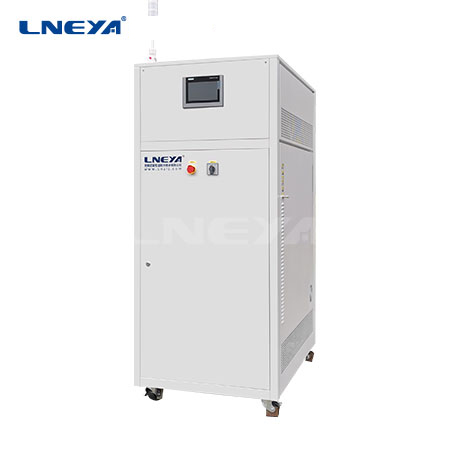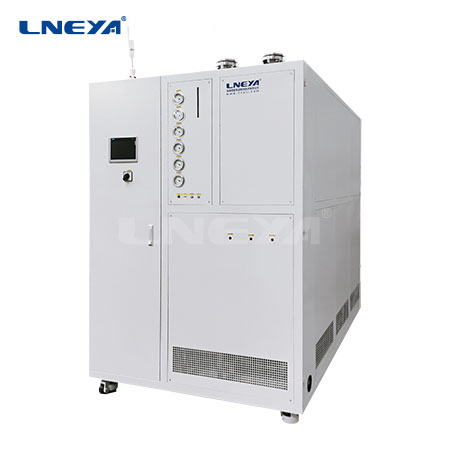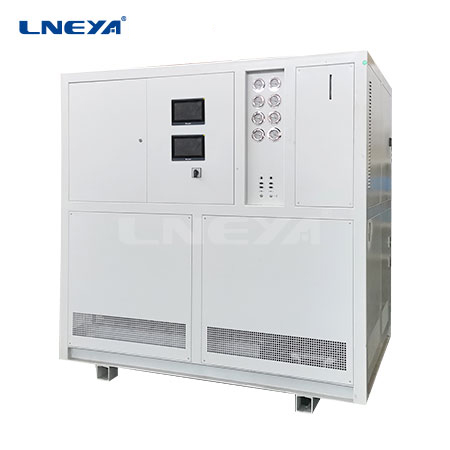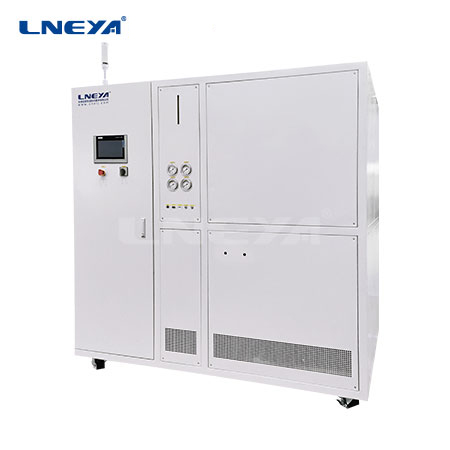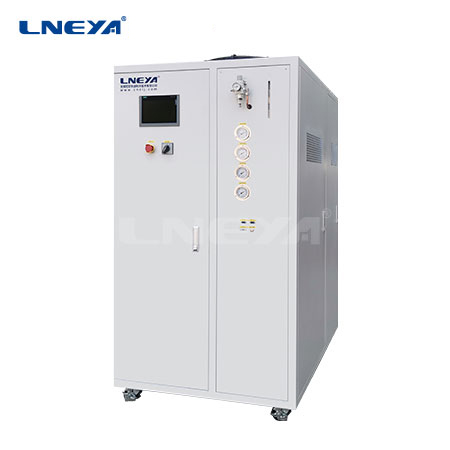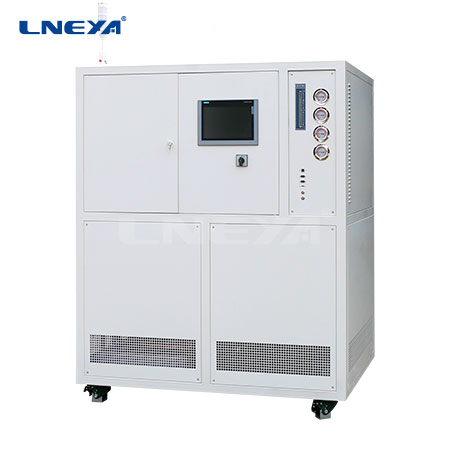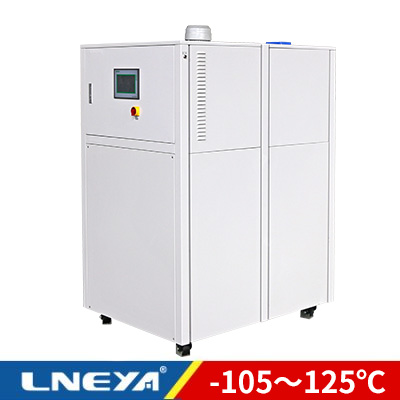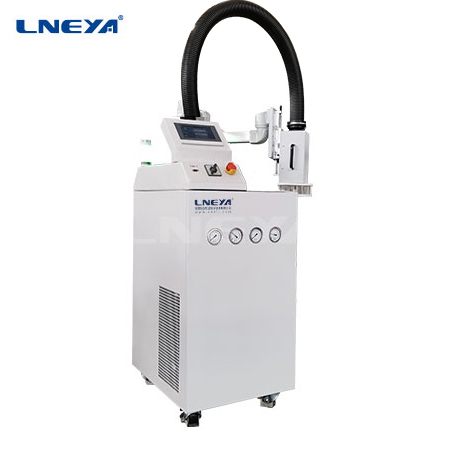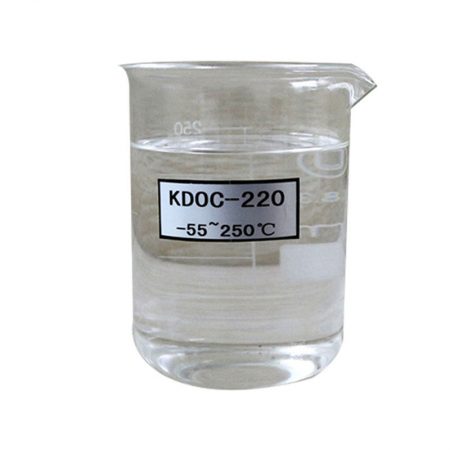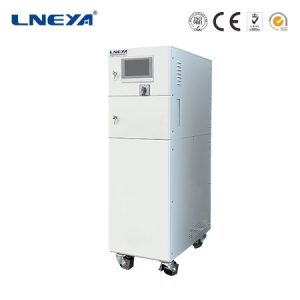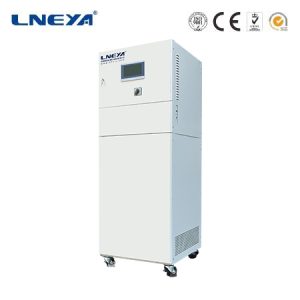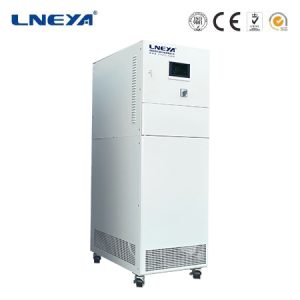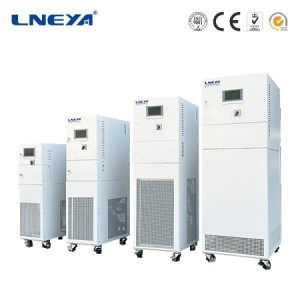Industrial Heater Chiller
The industrial heater chiller can not only control the temperature of the heat transfer medium, but also the temperature of the reaction material. It is often used in various industrial applications. So, in which industries can it be applied?
First, research and development laboratories
In the research and development field, temperature control plays a role in both sample pretreatment and quality control. Many applications require prior temperature treatment as part of sample preparation. Many quality control procedures require samples to be subjected to defined temperature points or temperature changes over a specific period of time.
Typical applications in research and development laboratories:
1. Sample preparation
2. Quality control
3. Research laboratories
Second, the field of chemistry
In many processes in the chemical field, temperature plays a certain role in process engineering and reactor temperature control. Chemical reactions, syntheses, production of pharmaceutical building blocks, polymerizations and crystallizations are carried out in temperature-controlled reactors.
Typical applications in the field of chemistry:
1. Reactor temperature control
2. Process engineering
Third, biotechnology
In biotechnology, temperature control determines the quality of research and development and production results. Thermostatic control of the bioreactor plays a role in successful production. There are many production steps that require reliable temperature control as part of sample preparation.
Typical applications of biotechnology:
1. Sample preparation
2. Bioreactor
Fourth, the pharmaceutical industry
In the field of pharmaceuticals, temperature control processes are ubiquitous from research to production scale-up. In order to obtain high-quality reaction products, the temperature control system needs to perform stable and reliable process temperature control on the external reactor.
Typical applications in the pharmaceutical industry
1. Reactor temperature control
2. Process engineering
Fifth, the automotive field
The requirements for temperature control in the automotive industry are generally in test benches and material testing. All automotive components are subject to temperature fluctuations. It is especially important to test components on special benches. It is also important to simulate the environmental conditions in which the material will be used, whether at low or high temperatures.
Typical applications in the automotive field:
1. Test bench application
2. Material testing
Sixth, the field of semiconductor industry
Processes requiring accurate temperature control abound in semiconductor production and testing of electronic devices. This includes, for example, the use of metal-organic chemical vapor deposition (MOCVD) in the coating process for producing LED wafers. Other typical applications in the semiconductor industry such as functional stress testing and load testing, environmental condition simulation and online integrated circuit performance testing, etc.
Typical applications in the semiconductor industry:
1. Process cooling
2. Component testing
Seventh, aviation field
Temperature simulation and temperature testing of materials are integral parts of the aerospace field. Cyclic temperature change stress testing ensures that the components used do not fail, even under the harsh external conditions fluctuating in space.
Typical applications in the aviation field:
1. Material testing
2. Temperature simulation
Eighth, the field of medical technology
In the field of medical technology, temperature control is mainly used in sample preparation in laboratories; and in medical equipment such as imaging equipment, medical lasers or devices in pharmaceutical and medical laboratories.
Typical applications in medical technology:
1. Medical laboratory
2. Medical equipment
Soluzioni personalizzate per la vostra azienda

Sistemi di raffreddamento e riscaldamento (serie SUNDI)
Intervallo di controllo della temperatura: da -120°C a +350°C
Applicazioni: Vari reattori (microcanali, vetro, reattori con rivestimento, ecc.), sistema di distillazione o estrazione, laboratorio, università, istituto di ricerca, industria aerospaziale, automobilistica, test di semiconduttori ed elettrici, chimica, farmaceutica, petrolchimica, biochimica, medica, ospedaliera, officina di ricerca e sviluppo, aerospaziale, biologica e altre industrie.
| Intervallo di temperatura | Serie -40 ~ +200°C | Serie -10 ~ +200°C | Serie -25 ~ +200°C | Serie -25 ~ +300°C | Serie -45 ~ +250°C | Serie -45 ~ +300°C | Serie -60 ~ +250°C | Serie -60 ~ +300°C | Serie -70 ~ +250°C | Serie -80 ~ +250°C | Serie -90 ~ +250°C | Serie -100 ~ +100°C | -25 ~ +200°C una macchina per due reattori | -40 ~ +200°C una macchina per due reattori |
| Capacità di raffreddamento | fino a 3kW | fino a 15kW | fino a 200kW | fino a 200kW | fino a 200kW | fino a 25kW | fino a 60kW | fino a 25kW | fino a 15kW | fino a 80kW | fino a 80kW | fino a 80kW | fino a 10*2kW | fino a 10*2kW |

Sistemi di raffreddamento e riscaldamento (serie WTD)
(Micro reattori a canale/tubo specializzati)
Intervallo di controllo della temperatura: da -70°C a +300°C
Design specializzato per il microcanale (piccola capacità di contenimento del liquido, forte capacità di scambio termico, elevata perdita di carico del sistema di circolazione)
| Intervallo di temperatura | -70°C ~ +300°C | -45°C ~ +250°C | -70°C ~ +200°C |
| Capacità di raffreddamento | fino a 7,5 kW | fino a 5,5 kW | fino a 50kW |

Sistemi di raffreddamento e riscaldamento (serie TES)
Intervallo di controllo della temperatura: -85°C ~ +250°C
Precisione del controllo della temperatura: ± 0,3°C
| Intervallo di temperatura | Serie -45°C ~ +250°C | Serie -85°C ~ +200°C | Serie -60°C ~ +200°C |
| Capacità di raffreddamento | fino a 25kW | fino a 25kW | fino a 60kW |

Macchine per il raffreddamento e il riscaldamento (serie LTS)
Intervallo di controllo della temperatura: da -80°C a +80°C
È ampiamente utilizzato nel processo dei semiconduttori per controllare la temperatura della camera di reazione, della piastra di raffreddamento e del mezzo di trasferimento del calore non infiammabile.
| Intervallo di temperatura | Serie -20°C ~ +80°C | Serie -45°C ~ +80°C | Serie -60°C ~ +80°C | Serie -80°C ~ +80°C |
| Controllo del flusso | 7 ~ 45 L/min | 7 ~ 45 L/min | 7 ~ 45 L/min | 7 ~ 45 L/min |

Circolatori di raffreddamento e riscaldamento
Intervallo di controllo della temperatura: da -45°C a +250°C
Applicazioni: Vari reattori (microcanali, vetro, reattori a camicia, ecc.), sistemi di distillazione o estrazione, laboratori, università, istituti di ricerca, industria aerospaziale, chimica, farmaceutica, petrolchimica, biochimica, medica, ospedaliera, officina di ricerca e sviluppo, aerospaziale, biologica e altre industrie.
| Intervallo di temperatura | Serie -25°C ~ +200°C | Serie -45°C ~ +250°C |
| Capacità di raffreddamento | fino a 15kW | fino a 15kW |

Circolatori di riscaldamento
Intervallo di controllo della temperatura: Da +50°C a +300°C
Nota: la serie UC può controllare la temperatura del mezzo di trasferimento del calore. La serie UST può controllare non solo la temperatura del mezzo di trasferimento del calore, ma anche quella del materiale di reazione.
| Intervallo di temperatura | +50°C ~ +200°C (serie UC) | +50°C ~ +300°C (serie UC) | +50°C ~ +300°C (serie UST) |
| Capacità di riscaldamento | fino a 38kW | fino a 200kW | fino a 95kW |

TCU Sistema di controllo della temperatura dei multireattori
Intervallo di controllo della temperatura: da -120°C a +250°C
Applicazioni: Vari reattori (microcanali, vetro, reattori a camicia, ecc.), sistemi di distillazione o estrazione, laboratori, università, istituti di ricerca, industria aerospaziale, chimica, farmaceutica, petrolchimica, biochimica, medica, ospedaliera, officina di ricerca e sviluppo, aerospaziale, biologica e altre industrie.
| Intervallo di temperatura | Serie -45°C ~ +250°C | Serie -120°C ~ +250°C | Sistema di controllo della temperatura personalizzato | RT+10°C ~ +135°C |
| Capacità di riscaldamento | fino a 80kW | fino a 80kW | Personalizzato | fino a 300kW |
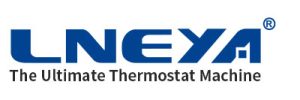 LNEYA
LNEYA
 简体中文
简体中文










